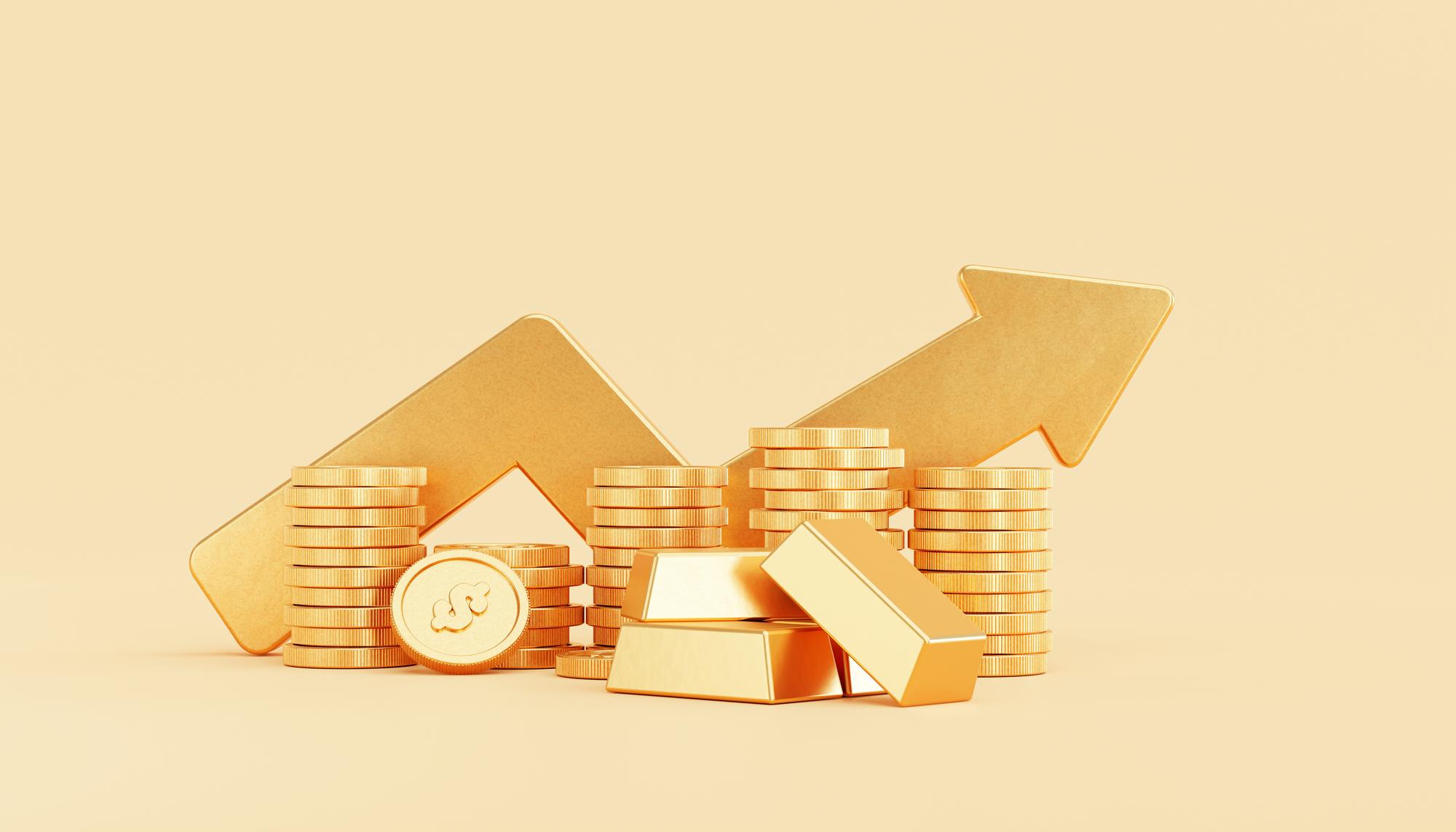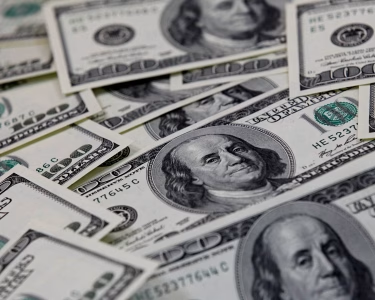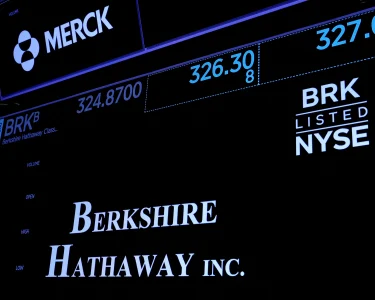Inverse Rise in Consumer Prices
Inflation rate slows to 22.97% in May
Summary
- Headline inflation drops to 22.97% in May 2025 from 23.71% in April
- Year-on-year inflation falls by 10.98% compared to May 2024
- Monthly inflation also eases, indicating slower rise in price levels
Abuja, Nigeria — Nigeria’s inflationary pressure slightly eased in May 2025 as the headline inflation rate dropped to 22.97%, down from 23.71% recorded in April. This represents a 0.74% decline, according to the latest Consumer Price Index (CPI) report released by the National Bureau of Statistics (NBS).
Despite a continued increase in the general price level, with the CPI rising to 121.35, a 1.83-point increase from the previous month, the pace at which prices are rising has slowed both on a monthly and yearly basis.
On a year-on-year basis, inflation dropped significantly by 10.98% when compared to the rate of 33.95% recorded in May 2024. This sharp decline suggests a relative moderation in the persistent price surges that have gripped the economy in recent years.
The month-on-month headline inflation rate also showed signs of easing, falling to 1.53% in May from 1.86% in April, a 0.33% drop. This indicates that while prices are still increasing, they are doing so at a slower rate than in the previous month.
The data, benchmarked against the CPI base year of November 2009, hints at a possible turning point in Nigeria’s battle with inflation, although economists caution that continued structural and monetary reforms will be key to sustaining this momentum.
What the data means for the average Nigerian
Prices are still going up, just not as fast:
- Even though inflation has slowed to 22.97%, this doesn’t mean prices are falling. It means they’re still rising, but the pace of increase has reduced. For example, if garri or rice was increasing by ₦100 every month, now it might be rising by ₦70 or ₦50 instead.
A slight relief, but hardship continues:
- For most households, especially low- and middle-income earners:
- your money is still losing value, just more slowly.
- You may still struggle with food, rent, transport, and utilities, but any reduction in the speed of inflation offers a little breathing space.
- Those on fixed incomes or without salary increases will continue to feel squeezed.
Businesses may find it slightly easier to plan:
- A more stable inflation environment helps businesses forecast costs better.
- It can also influence decisions on hiring, pricing, and stock purchases.
- However, small businesses are still battling with high operating costs, so prices of goods and services may not fall significantly yet.
Central Bank efforts may be taking effect
- The slower inflation suggests that policies from the Central Bank and the government, like tightening monetary supply or subsidy adjustments, might be working, at least in part. But the impact will take time to trickle down to everyday life.
Overall, for the average Nigerian, life is still tough, but this report is a signal that things might gradually be moving in the right direction, if the trend continues. It’s like being in a storm where the winds are still strong, but no longer getting worse. There’s hope, but no full relief yet.







